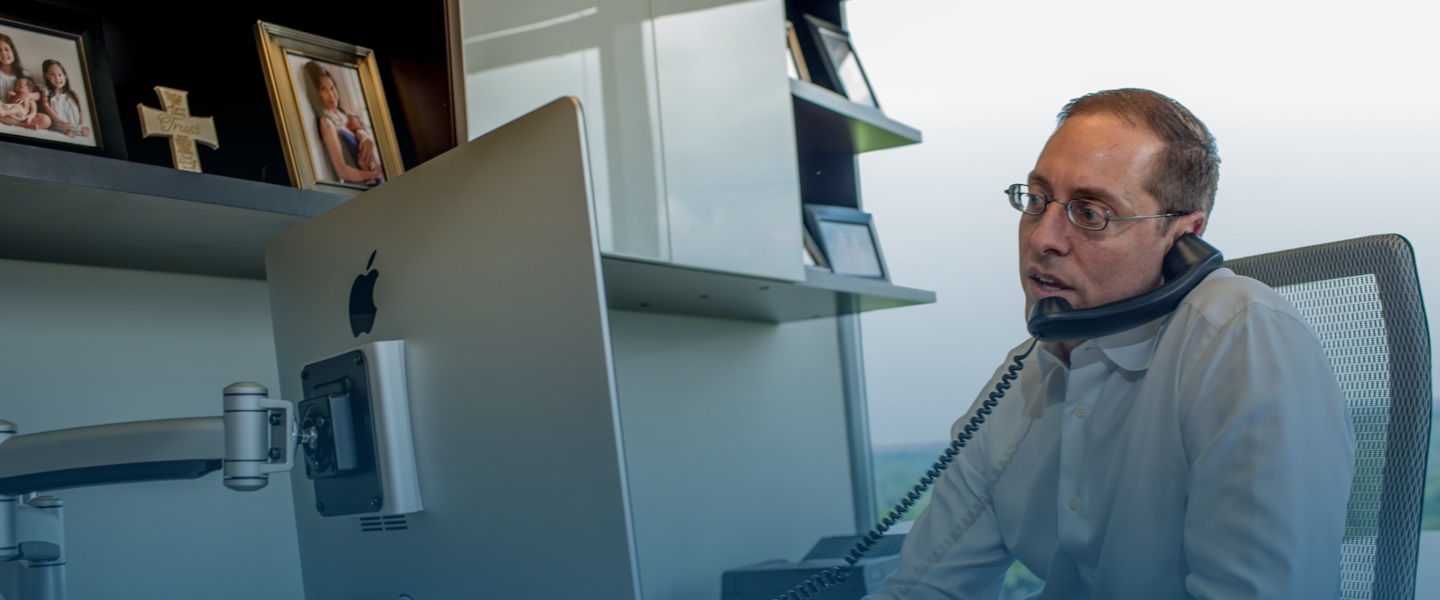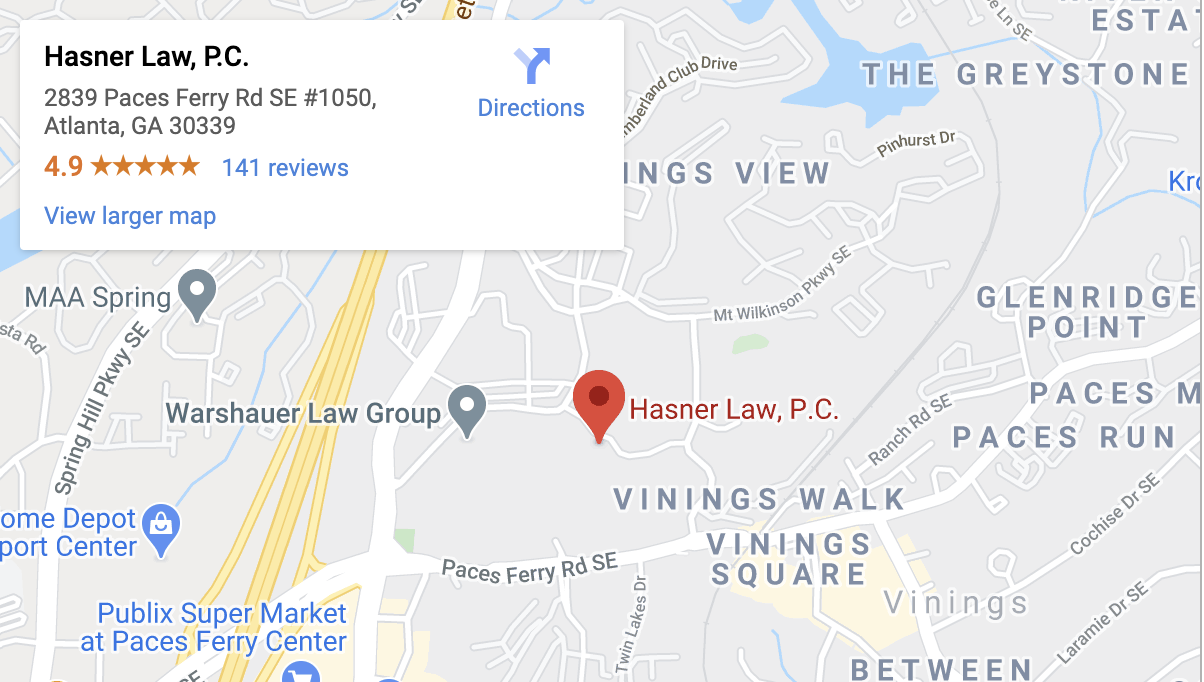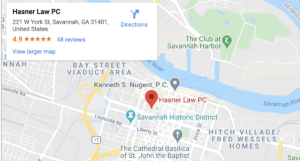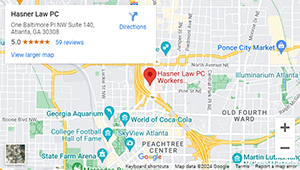Atlanta Food Poisoning Claim
NOTE: Our law firm does not handle these cases. This article is for informational purposes only. Information found in the article does not constitute as formal legal advice and does not create an attorney/client relationship.
What is Food Poisoning and Why Does It Happen?
Food poisoning refers to an illness that occurs when you consume food that has been contaminated with bacteria, viruses, or parasites.
It’s actually a broad term because the specific foodborne illness you experience ultimately depends on what type of organism has contaminated your food. For example, Typhoid fever is a type of foodborne illness that occurs when you consume food that contains a bacteria called salmonella.
Any contagion can potentially cause a foodborne illness. However, CDC explains that the following contaminants are the most common culprits:
- Campylobacter
- Clostridium botulinum
- Clostridium perfringens
- Escherichia coli (E. coli)
- Giardia lamblia
- Hepatitis A
- Listeria
- Noroviruses
- Rotavirus
- Salmonella
- Shigella
- Staphylococcus aureus (Staph), and
- Vibrio vulnificus.
After consuming contaminated food, you can begin to experience symptoms of a foodborne illness in a matter of hours, days, or in some cases, weeks.
How Food Becomes Contaminated
Food can become contaminated at any point in time in the food production chain. That begins the moment it is planted or manufactured, up until the point it is prepared and served. Common causes of contamination include:
- Spraying crops with that’s contaminated with runoff from a slaughterhouse or farm
- Using contaminated water to wash, pack, or ship certain foods, including fruits and vegetables
- Slaughterhouse practices
- Failing to process and package food in a sanitary environment
- Failing to store foods, especially perishable items, at an appropriate temperature
- Cross-contamination during distribution or preparation
- Preparing or handling food without washing your hands
- Preparing food without washing it thoroughly
- Failing to cook certain foods to minimum internal temperatures to ensure contaminants are killed, and
- Storing food improperly, such as keeping raw meat above exposed vegetables.
These are just a few examples of how food can become contaminated before it gets to your plate. Any missteps or failures to adhere to food safety rules can cause contamination and, in turn, food poisoning.
What Are the Signs and Symptoms of Food Poisoning?
The symptoms of a case of food poisoning will ultimately depend on what type of contaminant you’ve consumed. Generally speaking, though, symptoms to watch out for include:
- Nausea
- Vomiting
- Chills
- Fever
- Loss of appetite
- Diarrhea
- Bloody stool, and
- Dehydration.
Seek medical care immediately if you suspect that you have contracted a foodborne illness. Prompt medical care can help to ensure that your illness does not get worse, which can limit the risk of complications.
Long-Term Consequences of a Severe Case of Food Poisoning
Most cases of food poisoning are minor or moderate. Victims tend to recover after being sick for a few days.
However, food poisoning can also have severe side effects, particularly in pregnant women, immunocompromised individuals, the elderly, and people with underlying health conditions.
Long-term consequences of food poisoning and negligently prepared food can include:
- Nerve damage
- Brain damage
- Chronic arthritis, and
- Kidney failure.
Again, it is critical to seek medical attention if you experience any symptoms of food poisoning. Your healthcare provider can ensure that you get the treatment and medical attention you need, which might be essential to avoid any permanent or life-threatening harm.
An Attorney Will Demand Compensation From Any Responsible For Your Case of Food Poisoning in Atlanta
Every year, one out of every six Americans gets food poisoning. That’s roughly 48 million people. Of those, 128,000 people are hospitalized and another 3,000 die. Many of those people live right here in Atlanta, GA.
A lawyer will aggressively pursue compensation from anyone who played a role in contaminating your food. This might include:
- Farms and farmers
- Manufacturing plants
- Transportation companies
- Distributors
- Grocery stores
- Street vendors, and
- Restaurants and bars.
They will carefully trace the food that caused your illness through the production chain, searching for every possible way it could have become contaminated. Once they identify how the food was likely contaminated, they can determine who is responsible.
Damages Available in Atlanta Food Poisoning Lawsuits
If you’ve suffered food poisoning in Atlanta, you might be entitled to compensation. This can include economic and non-economic damages for:
- Present and future medical bills
- Lost wages and income
- Temporary and permanent disability
- Loss of enjoyment of life
- Emotional distress
- Pain and suffering
- Wrongful death, and more.
Insurance companies will try to downplay your illness and limit your financial payout.
Which Foods Are Most Likely to Cause Food Poisoning?
Eating any food that’s contaminated with bacteria, viruses, or parasites can make you sick. However, certain foods are more likely to become contaminated than others. These include:
- Poultry, including chicken and turkey
- Beef
- Pork
- Deli meats
- Seafood, including shellfish
- Dairy, including milk and cheese
- Eggs
- Rice
- Leafy greens
- Fruit, and
- Sprouts.
You don’t have to avoid these foods to avoid food poisoning. However, make sure that raw foods are washed thoroughly and that cooked foods are heated to any recommended minimum internal temperatures.
You’ll Have a Limited Amount of Time to Demand the Money You Deserve
In Georgia, all personal injury cases are subject to a statute of limitations. This is basically a window of time in which you can file a lawsuit against whoever caused you to get hurt.
Once the statute of limitations expires, you will no longer have the right to demand compensation. For food poisoning injury lawsuits, you’ll typically have up to two years to file a claim.
There could be reasons why you have more or less time to act. The best way to protect your ability to recover compensation is to reach out to a qualified personal injury lawyer in Atlanta as soon as you discover that you’re sick.






